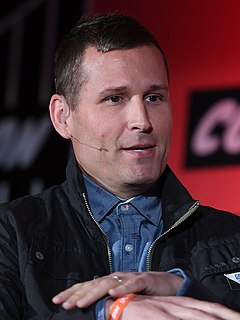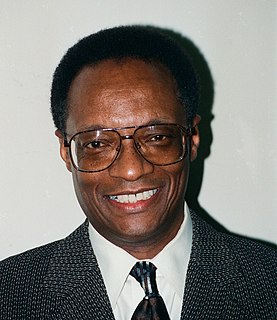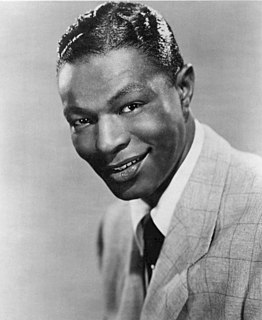A Quote by Alan Arkin
You can begin to see an amalgamation of cultures, the real beginning of one world. Ten years ago, it would have been impossible to imagine a Cockney singing group with a Southern Negro style and Indian and electronic music. I wonder if people have even noticed what a tremendous cultural signal the Beatles are.
Related Quotes
My [singing] style really has no style, because I try to sing each number differently. I’ve always believed that if style takes precedent over the words and music, the audience get’s cheated. It’s like when people see a fine play or movie. They imagine themselves in the leading role. I want them to imagine that they’re singing - not just listening to someone else.
I think there's going to be a real push in the next two years in Asia - China and Korea specifically. And that's a huge undertaking. Ten years ago it was impossible to break into that part of the world. Some of the biggest companies in the world found it challenging. But I am Chinese-American and I think what we do will resonate in China. So that's where we see our biggest opportunities going forward. I do speak Mandarin and I also relate to the hunger that China has for culture and architecture and style.
I would say that the most complex style of singing comes from India. Real, classical Indian music produces probably the best technical and natural singers in the world, just because the patterns and the inflection are so complex in how the style moves and what it requires vocally. I think the best classical singers come from India.
I'm living in a world that was created a hundred years ago with vaudeville and people traveling around and medicine shows and things and making live music on stage and I'm still doing that. I like it that way. I like to present something to people that's had 40 years of being honed and perfected. It's something that you're not going to find with an artist who's been around for two or three years, or even ten years.
Cultural speciation had been crippling to human moral and spiritual growth. It had hindered freedom of thought, limited our thinking, imprisoned us in the cultures into which we had been born. . . . These cultural mind prisons. . . . Cultural speciation was clearly a barrier to world peace. So long as we continued to attach more importance to our own narrow group membership than to the ‘global village’ we would propagate prejudice and ignorance.
Everything comes from one thing, everything comes from the Spirit. Jazz would not exist had it not been for gospel music, the blues would not exist had it not been for spiritual blues, which goes back to slave songs our fore fathers were singing while they were out in the field. So it's all one continuous growth from one group of people. Of course jazz now is played by various cultures and colors around the world. But the stimulus is One Voice.
The place of electronic music, culturally and socially, is today completely different - it is now everywhere, and it has been totally accepted. Consequently, there is now a younger generation that is more focused on making great electronic music, good parties, and having fun, where there is not any more so much need for cultural and ideological statements in electronic music itself.
In some ways it's hard to see electronic music as a genre because the word "electronic" just refers to how it's made. Hip-hop is electronic music. Most reggae is electronic. Pop is electronic. House music, techno, all these sorts of ostensibly disparate genres are sort of being created with the same equipment.
When I first organized the King Cole Trio back in 1937, we were strictly what you would call an instrumental group. To break the monotony, I would sing a few songs here and there between the playing. I sang things I had known over the years. I wasn't trying to give it any special treatment, just singing. I noticed thereafter people started requesting more singing, and it was just one of those things.
We're obviously at the edge of something quite new in humanity's experience. That is this globalization process which isn't just economic or social, but involves the interpenetration of cultures, people moving to different places several times in their lifetime, traveling for business or pleasure, and marrying people of very different cultural backgrounds, all of which was almost impossible a hundred years ago.




































